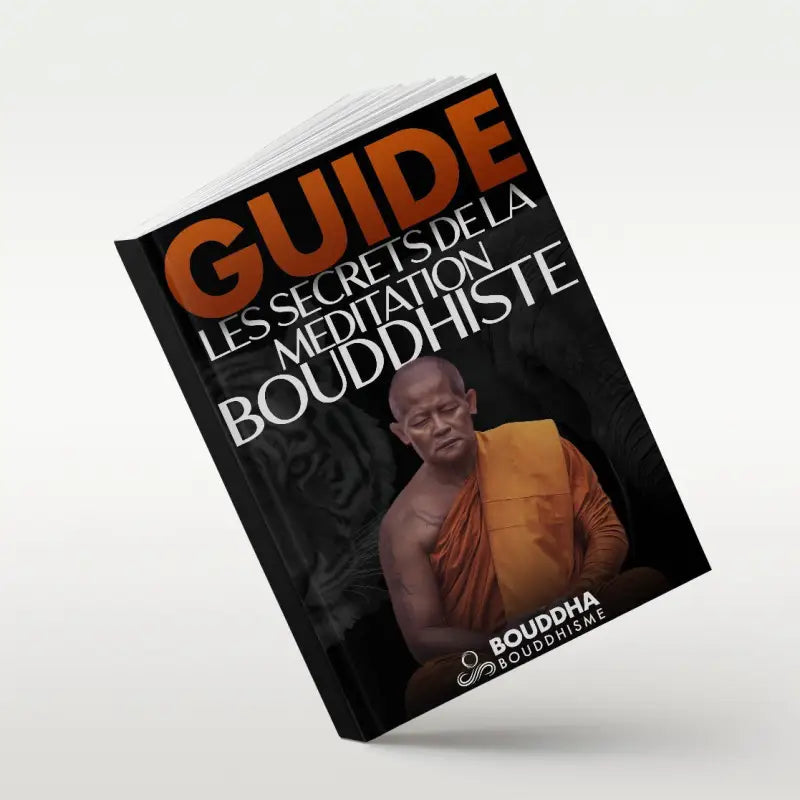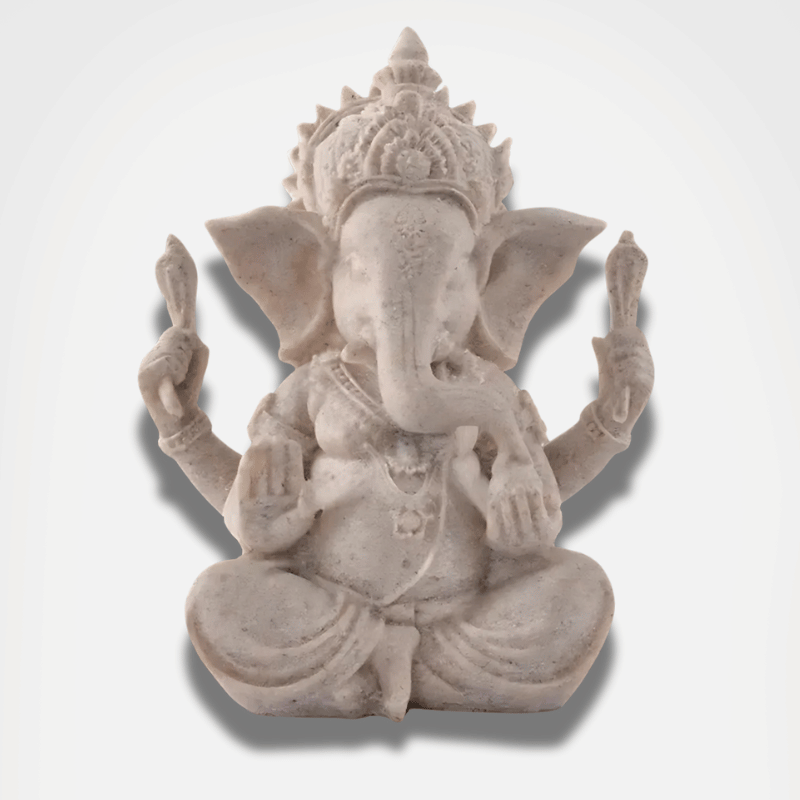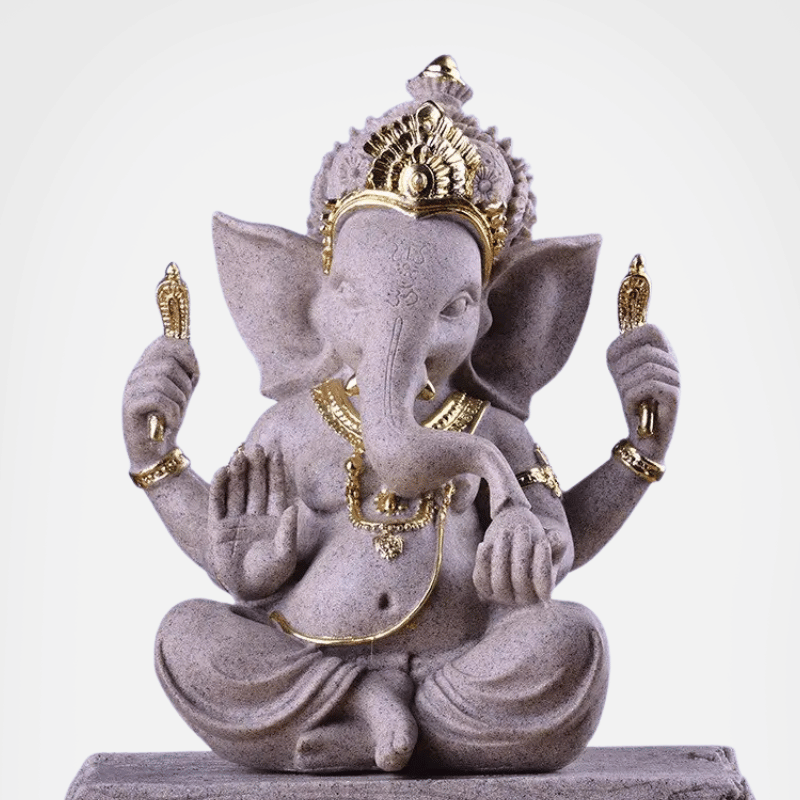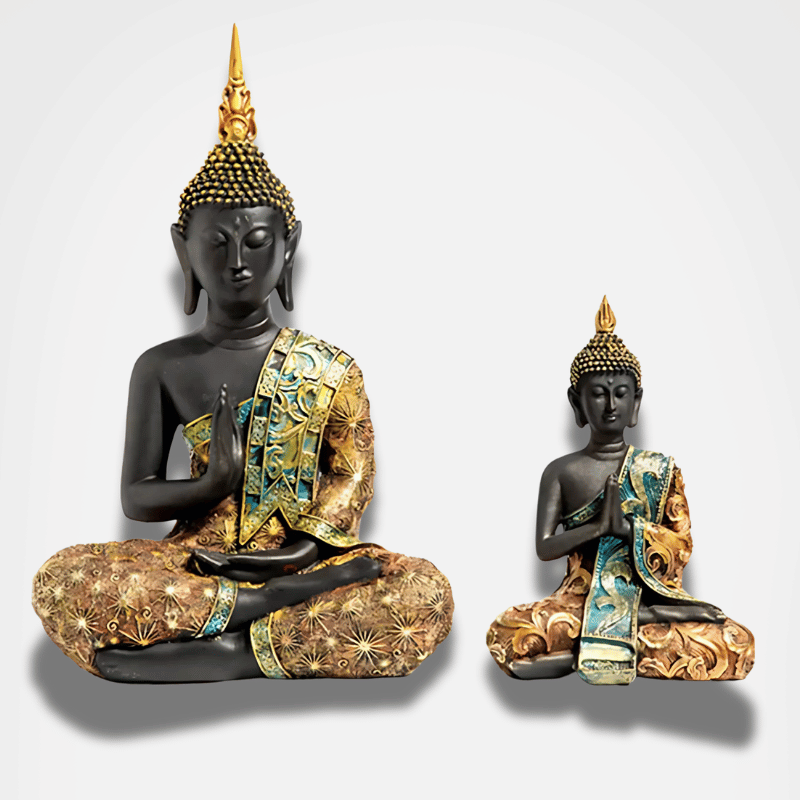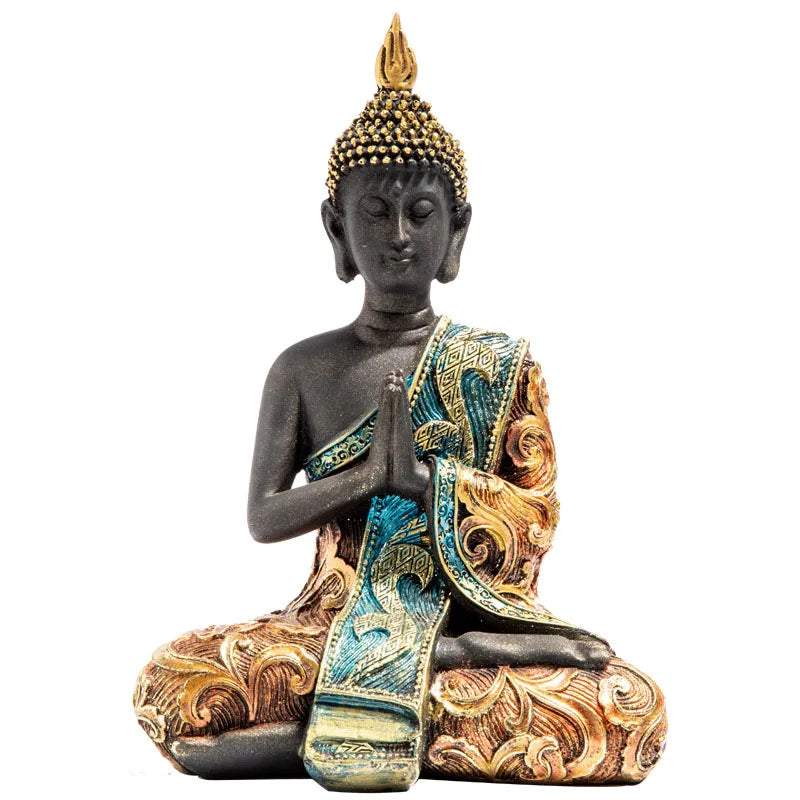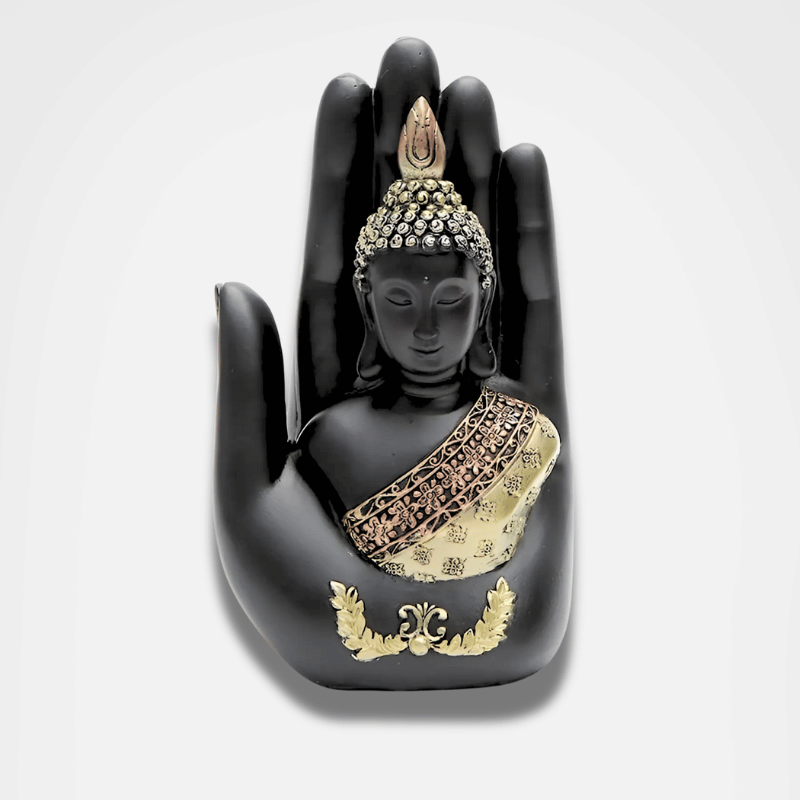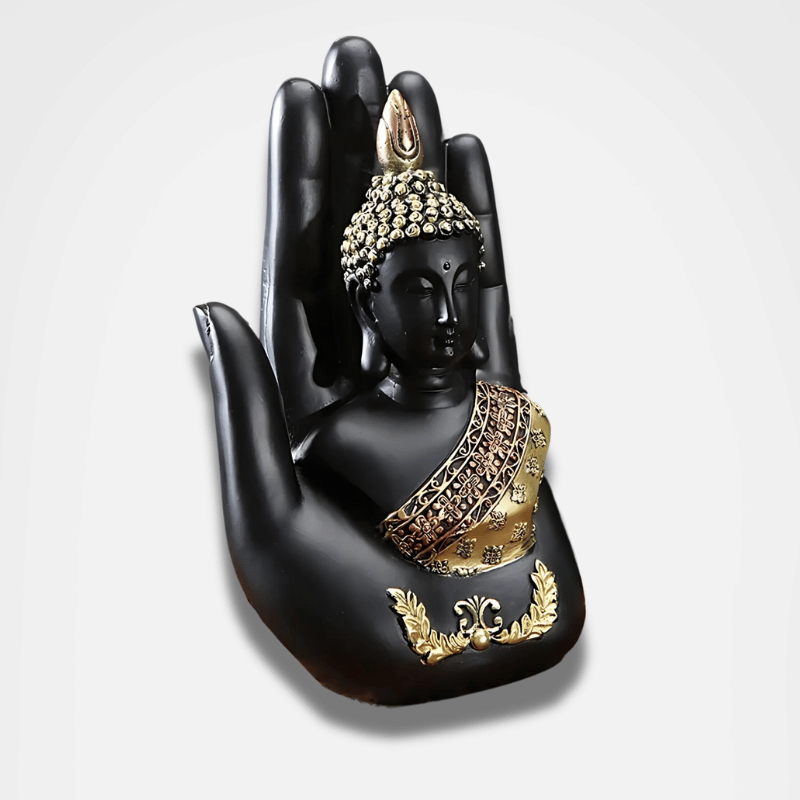Who is Buddha for Buddhists? - Understanding Buddhism
The life and teaching of Buddha
Buddha, also known as Siddhartha Gautama, was a prince born in India more than 2,500 years ago. He had everything he could want in life, but despite that, he felt a deep emptiness inside. One day he decided to leave his life of luxury and seek the truth and meaning of life.
For years, Buddha practiced meditation and studied with different spiritual masters. Eventually, he achieved enlightenment under the Bodhi Tree, thereby realizing the Four Noble Truths and the Noble Eightfold Path.
The Four Noble Truths
The Four Noble Truths are the heart of the teaching of Buddha. They are as follows:
- The first Noble Truth: life is suffering.
- The Second Noble Truth: Suffering is caused by desire.
- The Third Noble Truth: It is possible to end suffering.
- The Fourth Noble Truth: The Noble Eightfold Path is the path to the end of suffering.
The Noble Eightfold Path is composed of eight interrelated aspects that lead to the realization of wisdom, ethics and meditation.
Meditation
Meditation is an essential practice in Buddhism. It helps calm the mind, develop concentration and achieve a state of full awareness. There are many meditation techniques, but the most common is breathing meditation.
By meditating regularly, Buddhists seek to cultivate qualities such as kindness, compassion, joy and equanimity. Meditation also allows them to step back from thoughts and emotions, and develop greater mental clarity.
The three jewels of Buddhism
Buddhists take refuge in the three jewels of Buddhism:
- The Buddha: he is considered the founder of Buddhism and the model to follow.
- The Dharma: it represents the teachings of Buddha, which guide Buddhists on their spiritual path.
- The Sangha: it designates the Buddhist community, which supports and encourages spiritual practice.
The Buddha as a model
Buddhists consider Buddha as a model to follow. His life and teaching show them the way to awakening and liberation from suffering. They strive to develop the qualities of Buddha, such as wisdom, compassion and patience.
They also follow the teachings of Buddha on the practice of meditation and the cultivation of kindness towards all living beings.
Dharma as a guide
The Dharma represents the teachings of Buddha, which are transmitted through sutras and Buddhist texts. Buddhists study these teachings to better understand the nature of reality and cultivate wisdom.
They seek to apply the Dharma in their daily lives by following moral precepts and practicing meditation. This allows them to deepen their understanding of reality and develop a healthy and ethical lifestyle.
Buddhism in the modern world
Buddhism has spread to many countries around the world and continues to influence many people. In the modern world, many people practice Buddhism to find inner peace, well-being and spirituality.
Buddhism offers practical teachings and a non-dogmatic approach to spirituality, which makes it attractive to many people. A growing body of scientific research also supports the benefits of meditation and other Buddhist practices.
Buddhism in the West
Buddhism found an important echo in the West, where many Buddhist centers and temples were established. Western Buddhists often adapt Buddhist teachings to their culture and context, while respecting the core tenets of Buddhism.
Buddhism in the West is often practiced as a spiritual path and personal practice, independent of any specific religious tradition. Western Buddhists value aspects of Buddhist meditation, philosophy and ethics, which can be applied in their daily lives.
In conclusion, Buddha is a central figure for Buddhists. His teaching on the Four Noble Truths, the Noble Eightfold Path and meditation guides Buddhists on their path to enlightenment and liberation from suffering. Buddhists take refuge in the three jewels of Buddhism - the Buddha, the Dharma and the Sangha - to find guidance and support in their spiritual practice. Buddhism continues to spread and influence many people in the modern world, providing a path to inner peace, well-being and spirituality. Buddhism in the West often adapts to Western culture and context, while preserving the core principles of Buddhism. It is a source of personal practice and self-understanding for many followers in the West.






















